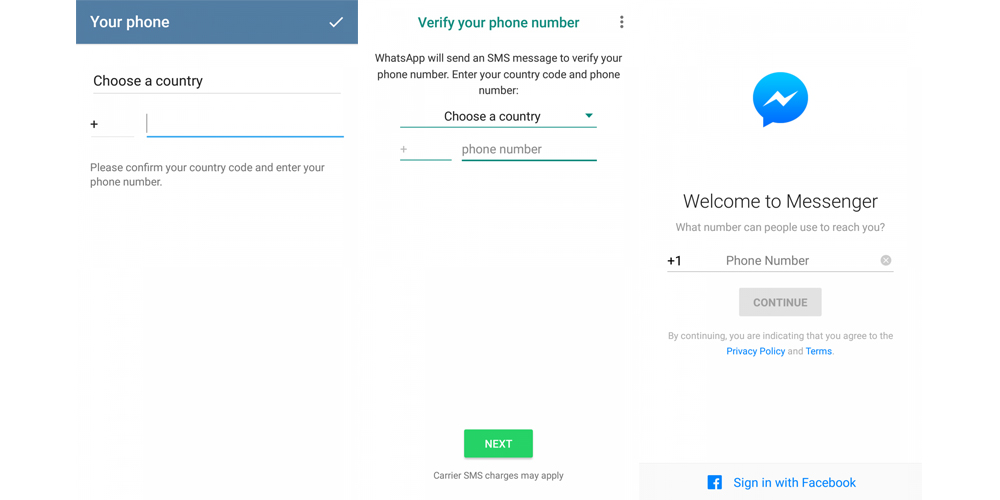The news in question refers to a better user experience for those applications that require an authentication code via SMS to access their services, or to verify the identity of the user. In Android O, in fact, and thanks to a more sophisticated recognition system of incoming packets, the message containing the authentication code will not reach the SMS application, but will directly reach the application that requested it.
Unlike the current system, which provides for authorization request for an automatic reading of SMS in the same application, Android O will carry out with a new special API through which the application will retrieve the verification codes, without necessarily having to access to the reading of the SMS. We are not faced with an irresistible novelty but really very useful, at last. Waits and problems resulting from authentication and access codes could eventually terminate, all in the native version of the operating system.
But how does it work? With the new API and Android O, each application can notify the system about the arrival of an authentication code to be received through SMS. This is a verification code of a fixed length. At this point, the application itself will create a PendingIntent token that can automatically read the verification code, which will therefore not be saved in the incoming message, saving space and providing greater privacy protection on the device.
